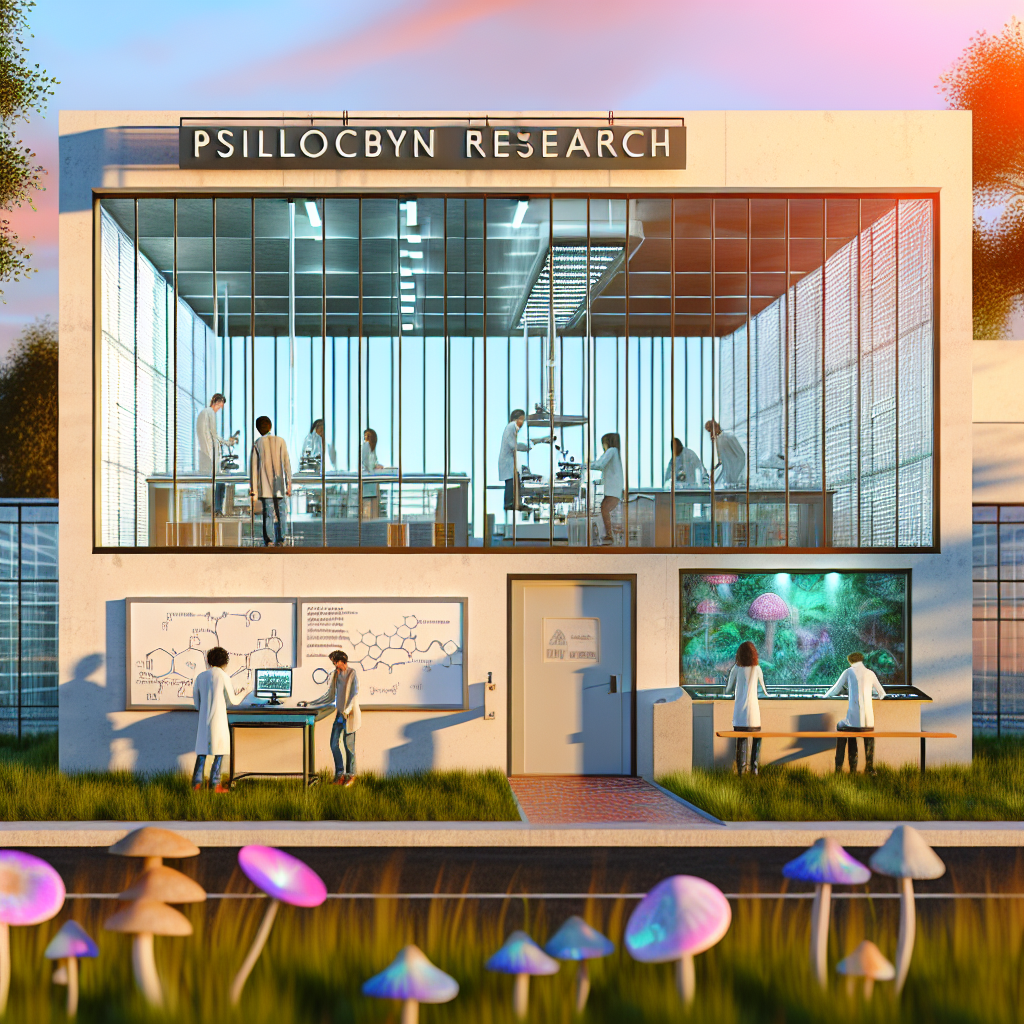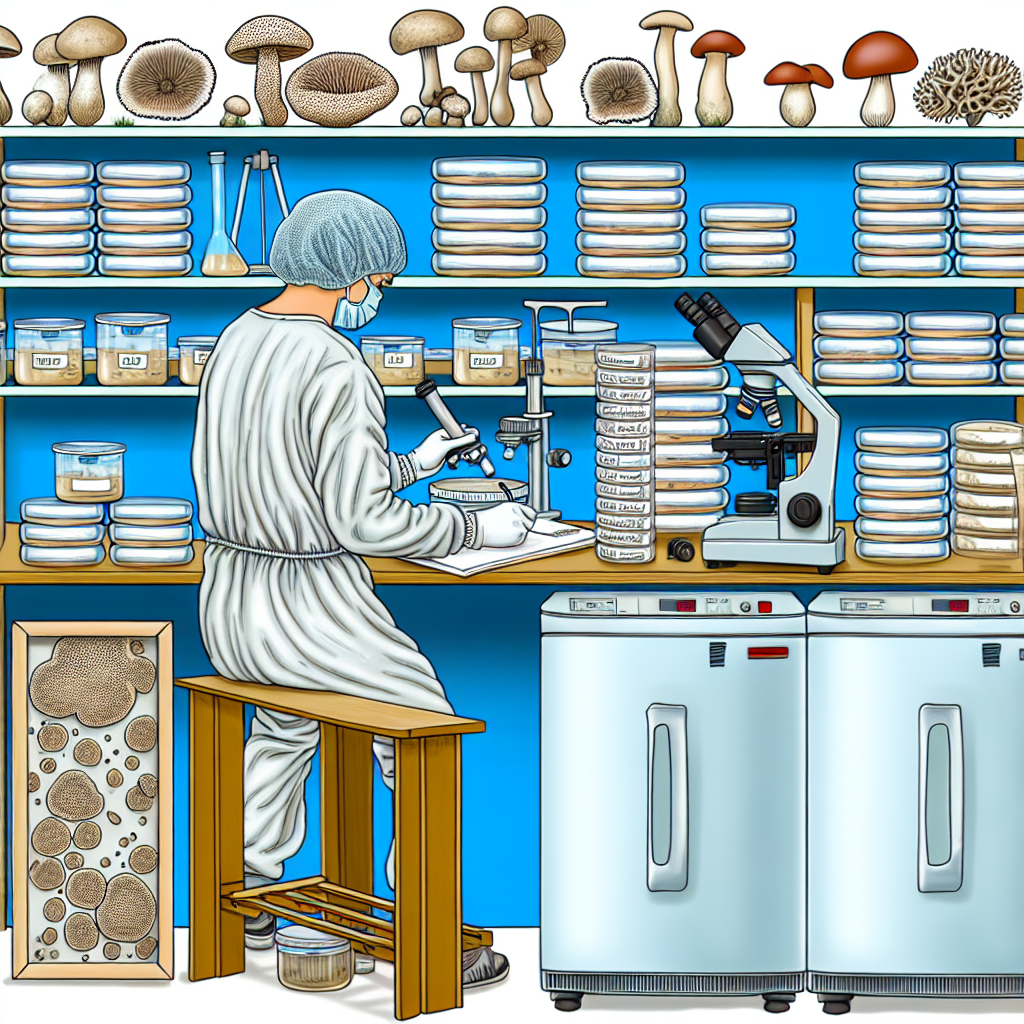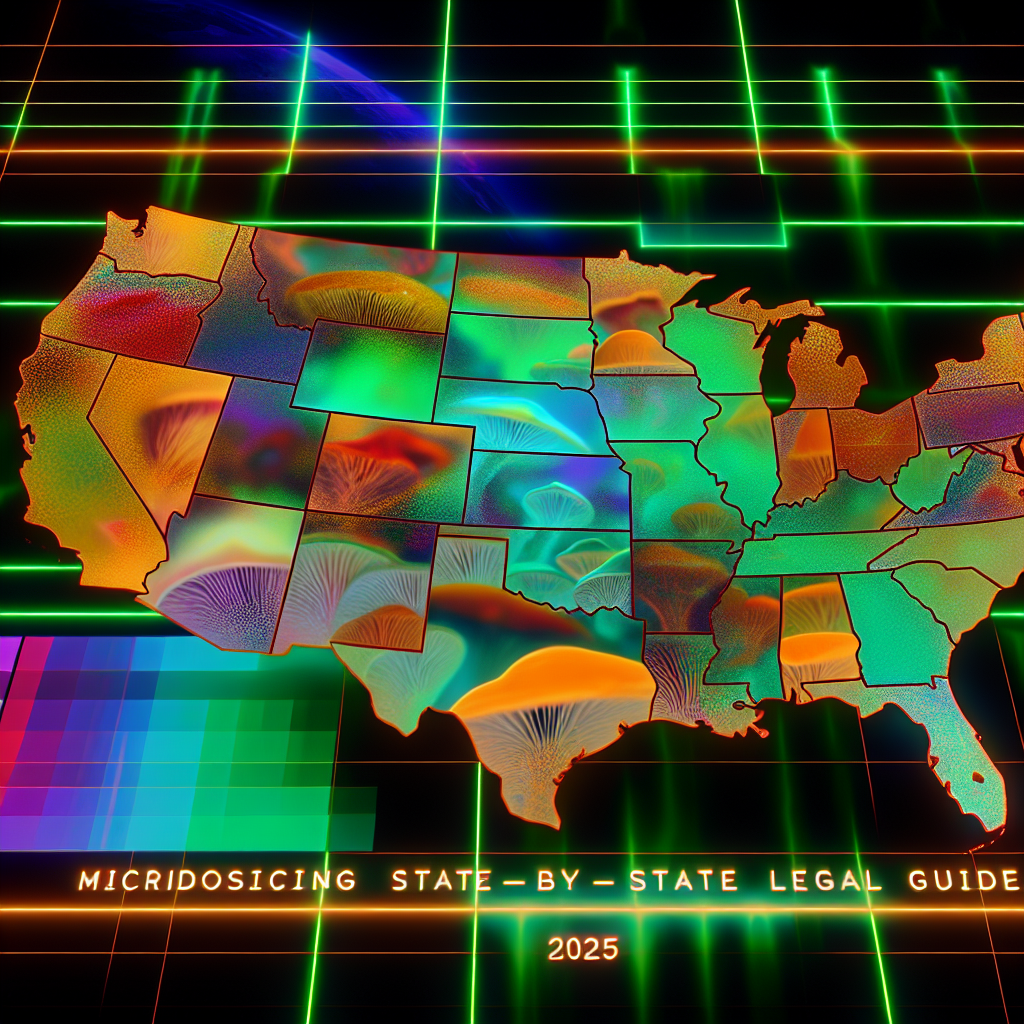Psilocybin Research Centers in America: Inside the Leading Institutions
Psilocybin, the naturally occurring psychoactive compound found in certain species of mushrooms, has long captured the attention of both traditional and modern medicine. Once stigmatized under the broad brush of psychoactive substances, psilocybin is now undergoing a scientific renaissance. With recent decriminalization movements and increasing curiosity about the therapeutic potential of psychedelics, numerous prestigious research centers across the United States have launched in-depth studies exploring psilocybin’s effects on mental health conditions such as depression, anxiety, PTSD, and addiction.
The modern psilocybin research movement began gaining traction in the early 2000s but has accelerated dramatically over the past decade. This resurgence is bolstered by promising preliminary findings that suggest psilocybin can have profound, sustained benefits after just one or two therapeutic sessions. Growing understanding of the compound’s biochemical interactions with the brain’s serotonin receptors has spurred leading institutions to invest resources and talent into further exploration.
As demand for alternative mental health treatments grows—and as traditional medications sometimes fall short—psilocybin is being revisited as a viable and natural adjunct or alternative to standard care. Unlike daily antidepressants, psilocybin often requires only a handful of guided sessions, offering both therapeutic depth and durability. What was once counterculture is now on the front line of cutting-edge medical research.
This article explores the leading psilocybin research centers in America, highlighting the institutions that are driving clinical innovation. From rigorous FDA-approved clinical trials to groundbreaking neuroimaging studies, these organizations are laying the foundation for psilocybin’s future in mainstream medicine. As regulatory frameworks begin to evolve and public interest continues to grow, staying informed about the institutional players in this space becomes essential—whether you’re a curious consumer, a hopeful patient, or a healthcare provider evaluating integrative options.
1. Johns Hopkins: The Pioneer of Modern Psilocybin Research
Location: Baltimore, MD
Johns Hopkins Center for Psychedelic and Consciousness Research is arguably the most reputable and prolific center for psychedelic research in the U.S. Johns Hopkins was the first to receive regulatory approval for studying psychedelics in healthy individuals after a decades-long scientific hiatus.
Their 2016 landmark study demonstrated that a single high-dose psilocybin session significantly reduced depression and anxiety in cancer patients, with effects lasting up to six months. In 2019, they launched the first dedicated psychedelic research facility in the country, funded by over $17 million in private contributions.
2. UCLA: Integrating Psilocybin into Compassionate End-of-Life Care
Location: Los Angeles, CA
The Jane and Terry Semel Institute for Neuroscience and Human Behavior at UCLA began conducting psilocybin research in the early 2000s. Their work centers on patients with treatment-resistant depression and those struggling with psychological distress from terminal illness. Combined with cognitive therapy approaches, UCLA’s findings suggest psilocybin can improve quality of life and reduce existential anxiety significantly.
3. NYU Langone: Bridging Psychedelics with Mainstream Psychiatry
Location: New York, NY
The NYU Langone Center for Psychedelic Medicine, founded in 2021, marks another milestone in integrating psychedelics into clinical psychiatry and addiction treatment. Notably, NYU conducted a groundbreaking 2016 double-blind study revealing psilocybin’s capacity to reduce cancer-related depression and anxiety. New trials are underway to explore its effects on obsessive-compulsive disorder and alcohol use disorder.
NYU Center for Psychedelic Medicine
4. UCSF: Neuroscience Meets Psilocybin Therapy
Location: San Francisco, CA
The University of California, San Francisco hosts the Translational Psychedelic Research Program (TrPR), a cutting-edge initiative dedicated to studying psilocybin’s impact on cognition and brain function. Ongoing clinical trials target long-term depression, anxiety, and the brain’s default mode network—an area linked to self-identity and rumination.
5. MAPS: Advocating and Building Infrastructure for Psychedelic Therapies
Location: Nationwide (Headquartered in California)
The Multidisciplinary Association for Psychedelic Studies (MAPS) plays a central role in organizing clinical research infrastructure. While primarily recognized for MDMA-assisted PTSD therapy, they also support psilocybin studies and policy reform across the U.S. Their Public Benefit Corporation helps bridge research, legislation, and commercialization efforts.
6. Oregon Health & Science University: Leading the Nation in Legalization-Backed Science
Location: Portland, OR
After Oregon passed Measure 109 to regulate therapeutic psilocybin services in 2020, OHSU took the lead on implementing evidence-based training and therapy practices. The university focuses on developing community models of care and practitioner education, ensuring equitable and safe access to psilocybin therapy under Oregon’s developing legal framework.
Scientific Innovations: Breakthroughs in Clinical and Brain Research
Each of these institutions emphasizes rigorous methodologies in psychedelic science. Common practices include:
- Randomized controlled trials (RCTs)
- Functional MRI and PET neuroimaging
- Pharmacokinetics using biosample data
- Longitudinal patient follow-up
In 2022, Johns Hopkins published a landmark study in Nature Medicine showing that 71% of individuals with major depressive disorder experienced a sustained therapeutic response after just two psilocybin sessions. This is a groundbreaking result in the field of psychiatric medicine.
NYU and UCSF are also pushing the envelope in brain research, especially in terms of how psilocybin down-regulates activity in the Default Mode Network (DMN), a system heavily implicated in depression and anxiety conditions. This neural “reset” effect may explain the enduring cognitive shifts observed from psilocybin therapy.
Conclusion: Redefining the Future of Mental Health Care
America’s top research institutions are at the forefront of transforming mental healthcare with psilocybin-assisted treatment. Their collective work underscores that, when used responsibly and scientifically, psilocybin is not just safe—it’s potentially transformative. These studies open the door to a new model of healing, one rooted in biological insight, compassionate care, and lasting change.
As these programs grow and inspire new policy frameworks, psilocybin may soon emerge not just as a treatment of last resort—but as a first-line option for those seeking holistic and impactful mental health solutions.
References
- Johns Hopkins Psychedelic Research Center
- UCLA Semel Institute
- NYU Center for Psychedelic Medicine
- UCSF Translational Psychedelic Research Program
- MAPS Official Website
- Oregon Health & Science University Psilocybin Overview
- Nature Medicine: Psilocybin and Depression Study 2022
Concise Summary:
This article explores the leading psilocybin research centers in America, highlighting the institutions driving clinical innovation in psychedelic therapies. From Johns Hopkins to UCSF, these organizations are conducting rigorous clinical trials and brain research to understand psilocybin’s therapeutic potential for mental health conditions like depression, anxiety, and addiction. As regulatory frameworks evolve and public interest grows, these research centers are redefining the future of mental healthcare.

Dominic E. is a passionate filmmaker navigating the exciting intersection of art and science. By day, he delves into the complexities of the human body as a full-time medical writer, meticulously translating intricate medical concepts into accessible and engaging narratives. By night, he explores the boundless realm of cinematic storytelling, crafting narratives that evoke emotion and challenge perspectives. Film Student and Full-time Medical Writer for ContentVendor.com



